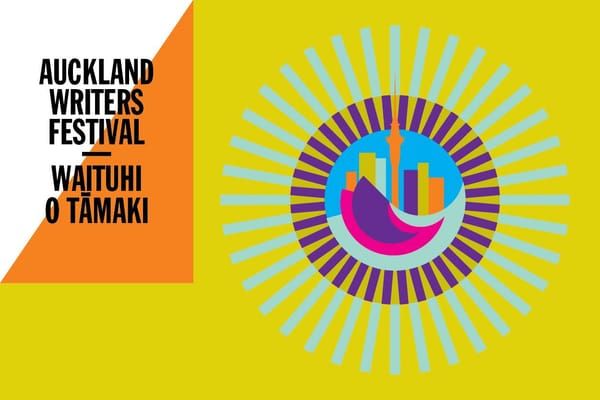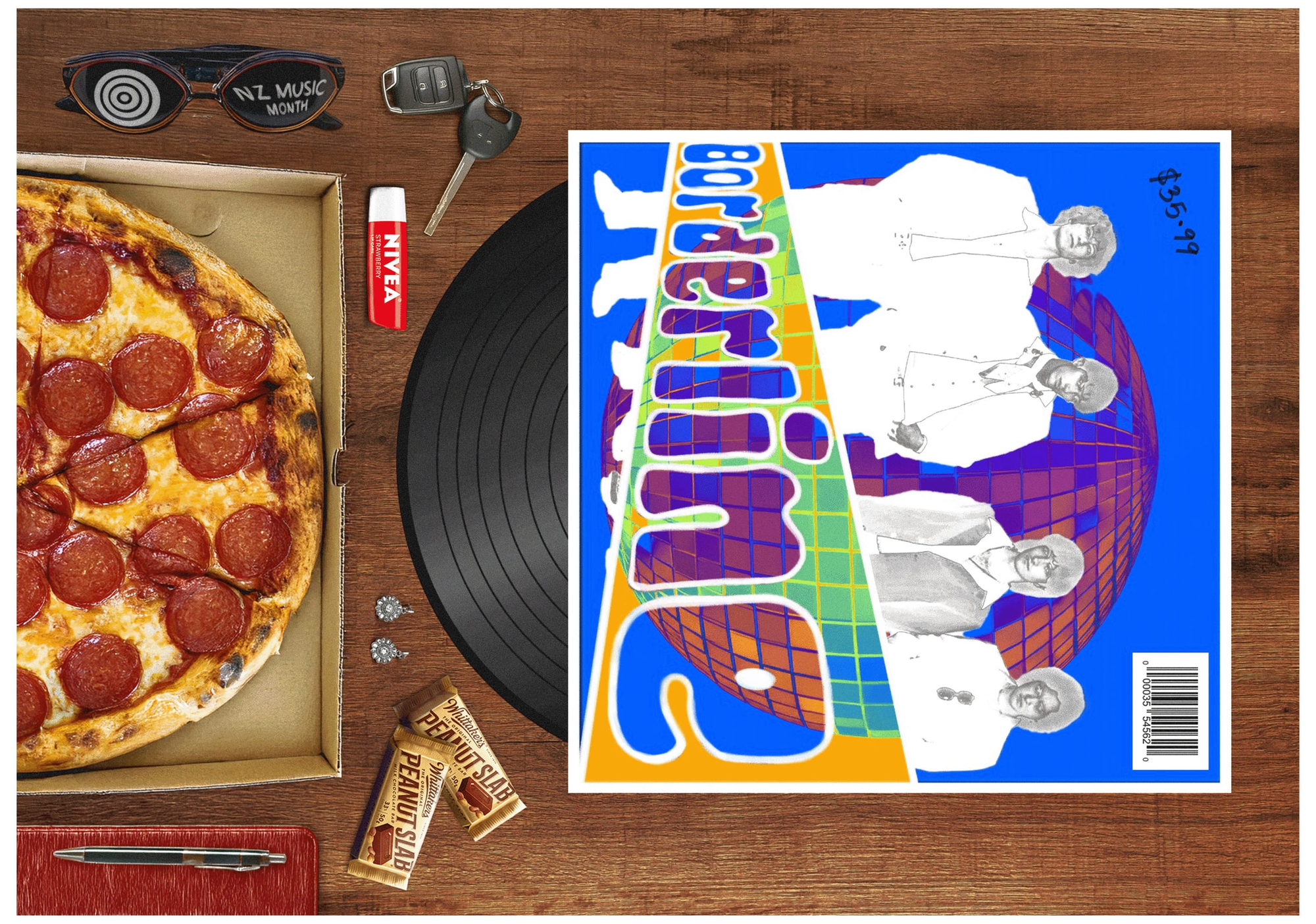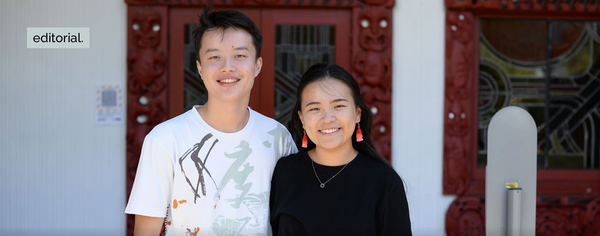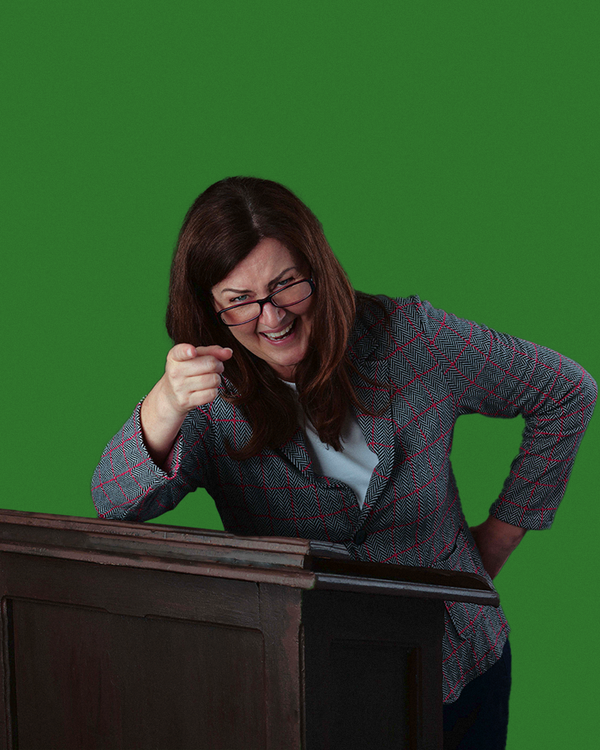
Auckland Writers Festival
A review of the Auckland Writers Festival 2025 events.


A review of the Auckland Writers Festival 2025 events.

I asked Eda & Brian a few questions about their time as Craccum's Co-Editors for 2021, and asked them for a bit of advice they'd pass on to future Editors as well.

Review of Child of Dust Documentary (Dir. Weronika Mliczewska). Doc Edge 2025 Craccum Coverage.

I asked Cameron & Dan a few questions about their time as Craccum's Editors in 2020, and asked them for a bit of advice they'd pass on to future Editors as well.

Auckland Museum’s latest exhibition, Diva, celebrates icons from Whitney to Björk, exploring 400 years of diva history. Direct from London’s V&A, this bold, moving showcase reclaims diva as a symbol of empowerment. With 280 dazzling pieces, it’s a must-see.

Colonised, abandoned, and silenced, The Promise shatters the myth of progress and exposes the price of forgotten liberation struggles.

In seas claimed by giants, Filipino fishermen and soldiers fight not for glory, but survival—abandoned, resilient, and tragically expendable.

Black Faggot is an award-winning play written by Victor Roger in 2013. The show has returned to Auckland, on stage at Q Theatre until 29 June.

Devotional art(washing) at its propagandistic nadir.

Where love is a product, men become consumers—lonely, desperate, and trapped in a game rigged by capital, class, and performance.

Bernard Shaw’s Saint Joan comes to Auckland in a bold, stripped-back production. Flyleaf Theatre's Grace Augustine and Aaron Richardson reimagine Joan of Arc’s story as one of resistance, faith, and defiance, with sharp edits, quiet magic, and urgent relevance for today.

A short review of I Didn't Invite You Here To Lecture Me, a verbatim comedy based on real lecturers from the writer's time at UoA.